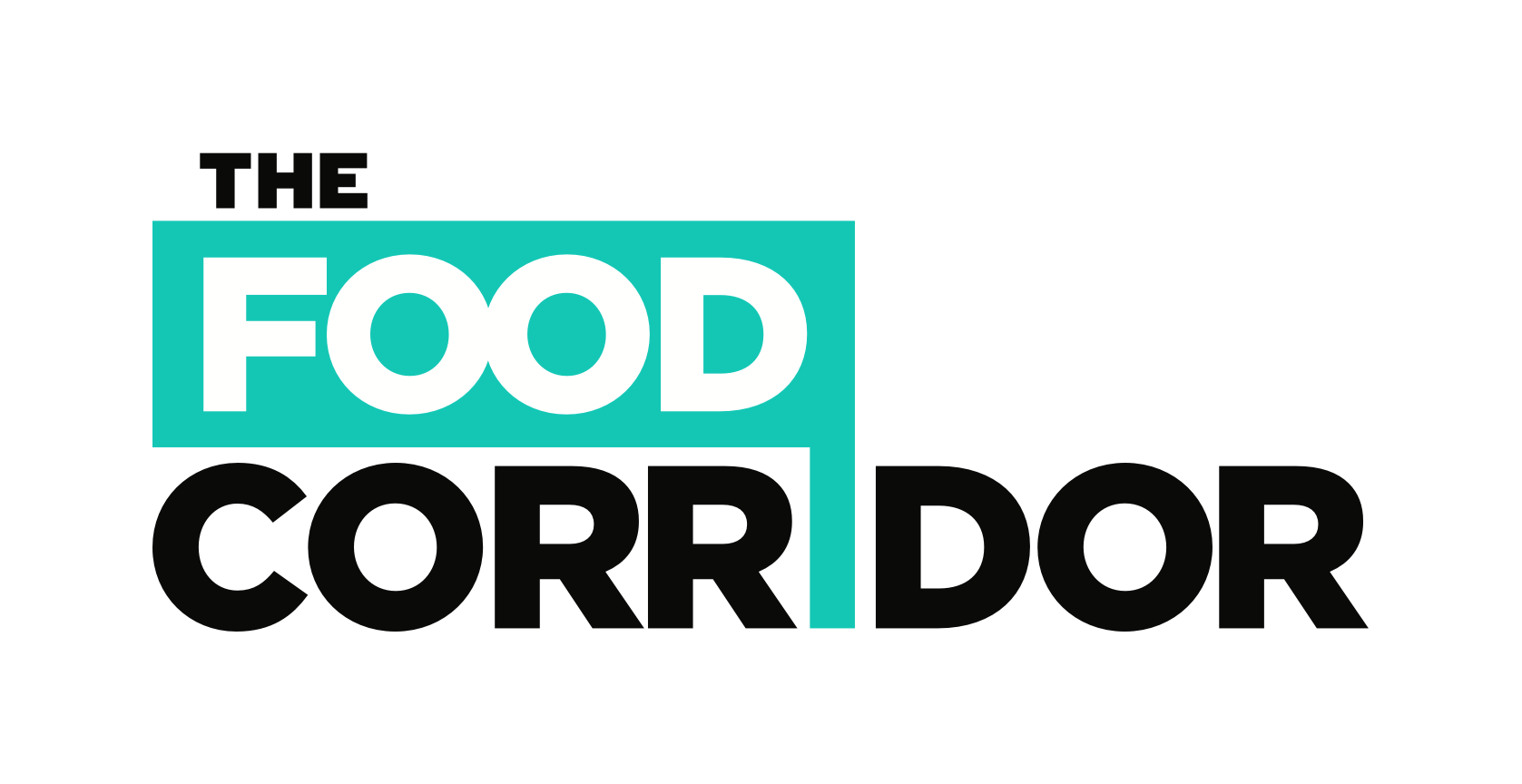So you’re starting a food business. How exciting! You probably just learned that you need a safe, clean, licensed commercial space to produce your food to sell to the public.
The last five years have seen a boom in the number of shared-use kitchens or commercial kitchens that rent space, by the hour, day, or month, to multiple tenants. (Think of a coworking space or incubator for chefs, caterers, food trucks, and other food producers like yourself).
There are many reasons to use a shared kitchen or commissary kitchen, from getting business support and access to expensive kitchen equipment to the low start-up costs and flexibility offered. But there are certain challenges too, like what happens when you outgrow a shared kitchen and need to scale your business?
Once you’ve had a look at the pros and cons of using a commissary kitchen, there are a few serious questions you need to answer before you start looking for a shared kitchen to rent. Let’s go through these key questions one-by-one so you have a clear idea of what you’ll need to prepare before you start contacting shared kitchens.
Questions to answer before you start reaching out to kitchens
You can’t just walk in and start using a commercial kitchen. You have to do your homework and a bit of the heavy lifting first. Before you start contacting kitchens, you need to know what a shared kitchen is going to expect from you and be prepared to answer the questions that commercial kitchens will ask. Doing this will ensure you get a response and find a good fit for your new venture.

1. Do you have a business plan?
Shared kitchens want to know that you will be able to continue paying them a few months down the line. This means they want to know if you have a viable business plan that will turn a profit. Knowing how you operate will also help them provide you with the right support, advice, and additional services.
The purpose of a business plan is not only to show other people how your business will make money. The process of writing is also a great way for you to understand the potential challenges you will inevitably face. In writing your plan, you will scrutinize every aspect of your business to ensure that you are ready to take on these challenges.
It is during this stage that most food businesses decide it is too hard or too time-consuming to start a business. You’ll need to answer for yourself if have what it takes.
Here are some of the key questions your business plan will have to address:
- What are you making?
- How is your product different from others like it?
- What is your cost of goods per unit?
- Where do you plan on selling?
- What’s your pricing?
- Who are your competitors?
- Who are your ideal customers?
- What kind of marketing do you plan on doing?
- What kind of partners will you have?
- What kind of resources will you need?
There are some good online resources that will help you with your business plan like this comprehensive guide and this business model canvas guide
2. Is your business registered?
To trade legally, you need to register your business with your local government. Contact your city or county office to apply for a business license. You will be required to complete an application and pay licensing fees. Average LLC setup costs range between $50-$500. Save time and use LegalZoom for these filings.

3. Do you have the required food safety certification?
To sell food to consumers, you will need a ServSafe Food Handler Certification, or equivalent, to prove that you can produce food safely. This nationally recognized food safety course is provided by the National Restaurant Association and can be taken online or in person with an instructor or proctor.
As the primary operator of your business, you may also be required to have a ServSafe Manager Certification. The single-day course costs $195 and is typically valid for three years. If you are employing additional staff in the shared kitchen, they will need to be ServSafe certified too.
Finding a shared kitchen
Once you have the above, it’s time to find a shared kitchen near you! Again, in most municipalities, to legally sell food to consumers, you must produce your food in a licensed commercial kitchen. To find a shared kitchen for rent in your area, visit The Kitchen Door where you can search for rentable kitchens by city or zip code and reach out directly.
Consider what’s most important to you during your search. This may be proximity, types of equipment provided at the kitchen, additional business support services offered, available storage, available times that work with your schedule, etc. Let the kitchen know what you’re looking for, and set up a tour if it seems like a good fit for your needs. Every kitchen will be a little different, so do your research before contacting the kitchen to ensure they have what you’ll need.
Questions to answer when you are ready to start
Let’s say you’ve convinced a shared kitchen to give you a chance, now it’s time to make sure you are ready to start booking time. After you complete an application and fulfill the requirements of the kitchen, there are a few additional steps and questions to consider.

4. What’s your budget?
You must be ready to invest in your business. A shared kitchen will often require a deposit to access their services (similar to a gym). While many provide hourly booking and “pay as you go” models, you can also commit to monthly plans that may come with a discounted hourly rate.
The type of food business you have decided to create will determine the equipment, storage, and suppliers you will need. Choose your plan based on the days and times you expect to be operational and always account for prep time, set up, cleaning, and receiving hours. Ask the kitchen manager if there are off-peak and on-peak rates available. Working the night shift may have its perks, but you will want to make sure your menu is well-positioned to serve night eaters.
Some suppliers require minimum orders while others will only deliver on certain days. You will need to find out these details in advance and plan accordingly. For example, if you need to hold extra perishable stock to get through the weekend, do you have enough cold storage to do this? Or will you need to pay for more?
Some of these technicalities can be smoothed out as you go, but the more you can plan and foresee any potential issues, the better it will be for your wallet and your peace of mind.
5. Will you be using the kitchen as your primary business address?
Your official business address is there to tell the government where your business operates from, but there may be cases where this is not the case. You may be tempted to give a private address as it will be used for some sensitive information like your business banking.
While tempting, consider the fact that you’ll be using the shared kitchen address for all your food, equipment, and packaging deliveries, and it makes sense for your business address to match your delivery address. Otherwise, things could get a little complicated with registration for tax and other legal issues.
6. Do you have food liability insurance?
Yes, you will need public liability insurance. Most shared kitchens will require you to have a $1 million general liability policy that designates the kitchen you work out of as co-insured. Such insurance policies generally run between $300-$500 per year and will also be required by many service providers, vendors, and businesses you work with. We recommend the Food Liability Insurance Program for its low costs and comprehensive coverage. In fact, we have a discount offering here.
7. Do you know your health department inspector?
Many health departments will want to visit you in your new space before you become operational. They want to see your production methods, food storage areas, and general flows that take into account standard operating procedures and critical control points for making your food. You will need to have these written out for your final inspection and licensing. It is best practice to put all of this information into one neat folder.
Keep in mind that your local regulator is one of your most important allies for accessing accurate information and remaining a legal operation. You need to show them that you are producing food safely and legally. Walk them through your recipes, your production process, how you plan to hold food (times and temperatures), and how you will package and distribute your food. You want them on your side and they can be a valuable resource for any questions you might have.
Once you’ve dealt with all of these questions, you’ll be in a much better position to get your business up and running. At this point, there’s just one final question you need to answer…
8. Are you ready to start a food business?
Running a food business is not for the faint of heart. It can be a stressful endeavor with tight margins and severe consequences for mistakes. Having said that, it’s an incredibly rewarding business full of generous, warm-hearted people who genuinely love serving others. You have to be committed, dogged and determined, with just as much of a passion for putting bums on seats, as you do for putting smiles on faces.
If you’ve come this far and are still chomping at the bit to get started, head over to The Kitchen Door to find a shared kitchen near you. For the best chance of finding a kitchen, address the items we listed above. And don’t forget to visit The Food Corridor to check out our library of resources for a helping hand along the way.

